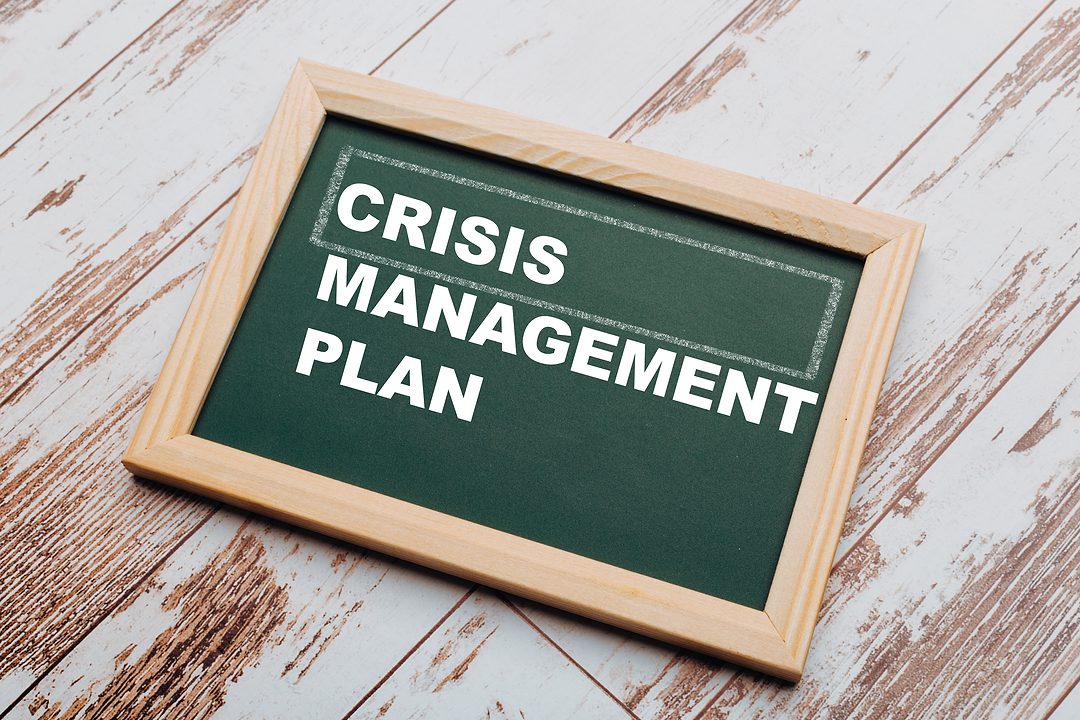Preventing a Crisis Communications Nightmare
It’s always better to avoid a crisis than try to fix it after the fact.

One of the worst situations your home service business can find itself in is being blindsided by an onslaught of negative attention. No company enjoys being the subject of a media investigation or the topic of a damaging social media trending hashtag. And the fallout if you don’t have a crisis plan can be devastating.
Don’t think it can’t happen to your home service business. No matter how vigilant you are, there is always the chance one person will get upset and take their story about your business to the media or a friend on Facebook. It happens all the time. There is a better way to handle a crisis than being forced into a hastily created and last-minute defense.
Develop a relationship with a pro
Public relations businesses are the experts at crisis communications during a crisis. But having a PR pro in your toolbox before a crisis occurs could save your service business, not to mention time and money.
So, before ending up on the local news at five as the feature story on the scam alert segment, partner with an experienced home service PR agency. Check the company’s reputation online, see what the Google reviews say and interview agencies just as you would a potential employee. Speak to other businesses who are current clients and ask questions.
Choose an agency that “gets” you and your business and that you feel comfortable with because they will be a true partner, and you will need to trust your agency completely. Your business could depend on it.
How can a PR partner save your business?
Here’s a simple issue that could turn into a crisis if not handled carefully: A service technician uses foul language without realizing the homeowner is recording him on her cellphone. Well, the homeowner posts the recording all over social media; the service company tries to ignore it, hoping it will go away. The local news station sees the posts, and it snowballs into a whole TV news series on shoddy home service companies.
This is an issue that can be resolved through a good crisis communications plan and proactive PR.
For example, PR professionals can set your business up with a PR plan that provides realistic goals and benchmarks that will show the progress of each element of the plan, along with crisis communications guidance. Here is what typical PR plans might include:
• A proactive media plan. This will outline how the PR agency creates and implements a media plan to get positive and informative stories about your business covered by news media. An experienced home service PR agency has established relationships with the industry’s top media and can help get upbeat stories about your home service business covered. In a crisis situation, the PR plan will also outline the steps necessary to mitigate a crisis.
• A proactive social media plan. This plan will give your business a concrete blueprint for social media posts to boost your business and will advise you on how to respond to social media emergencies such as the previous example. How your company responds to social media situations like these is critical; a poorly executed response can be devastating. A good plan will help you avoid situations like these in the first place and de-escalate them quickly if they do happen.
• A proactive PR plan. Public relations isn’t just about writing great press releases, but the power of the press release has a huge impact on how both the media and the public perceive your service business. Press releases and media alerts that are constructed well get more traction. Having existing relationships with industry media leaders can get your message to the right people at the right time.
In a crisis, PR agency relationships can make a difference in what message gets heard.
Having a PR partner in your pocket means you can have peace of mind that if something happens and you are not sure what to do about it, you have an expert at the ready. Rather than guess, call a trusted PR partner for help.
The best advice? It’s always better to avoid a crisis than try to fix it after the fact.





